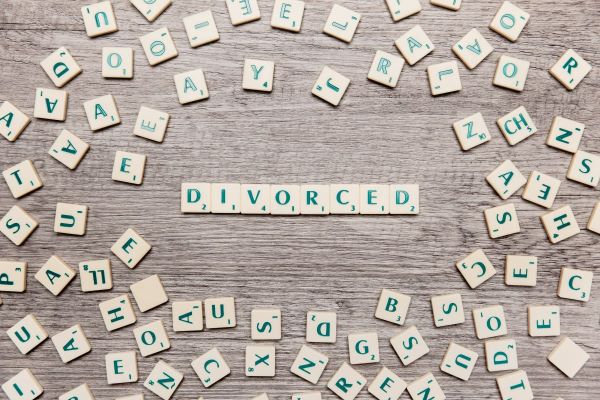If you decide it’s in your best interest to seal your divorce record, our Charlotte divorce attorneys can help you. We provide attentive legal support to help you endure this difficult time as painlessly as possible. Contact us online or at (704) 659-0007 to schedule a consultation today.
 In most cases, divorce hearings and records are public. In certain situations, sealing a divorce record to maintain privacy is possible. Learn why you might want to consider sealing your divorce record and how to do so.
In most cases, divorce hearings and records are public. In certain situations, sealing a divorce record to maintain privacy is possible. Learn why you might want to consider sealing your divorce record and how to do so.
Why Should I Seal My Divorce Record?
Most state governments have an open judicial system, which means someone could head to the courthouse and search for your divorce record if they wanted to. However, many states keep sensitive information private, including certain financial information and domestic violence findings. Courts typically refer to children by their initials; specific identifying information like birthdays and social security numbers are kept private.
If you’re interested in completely sealing your divorce record, you must provide a reason to the courts. The list below includes some of the most common reasons people seal a divorce record.
- Child or sexual abuse. The divorce record may be sealed in cases involving a child or sexual abuse to protect the identity of the victim.
- Spouse’s mental illness or addictions. If your spouse has a mental illness or an addiction, the courts may consider sealing the divorce record to keep that information private.
- Libel. If a public divorce record reveals false allegations that could damage your reputation, a court may seal the divorce record.
How Do I Seal My Divorce Record?
If your divorce record involves one of the three reasons listed above, you may have a compelling case to seal your divorce record. Regardless, a judge must agree with your argument to keep the records private rather than uphold the public’s right to information. In most states, you’ll file a motion explaining why keeping your divorce record private is necessary. You'll often have to demonstrate “good cause” that your reputation, privacy, or employment will be harmed unless the records are sealed.

.jpeg)